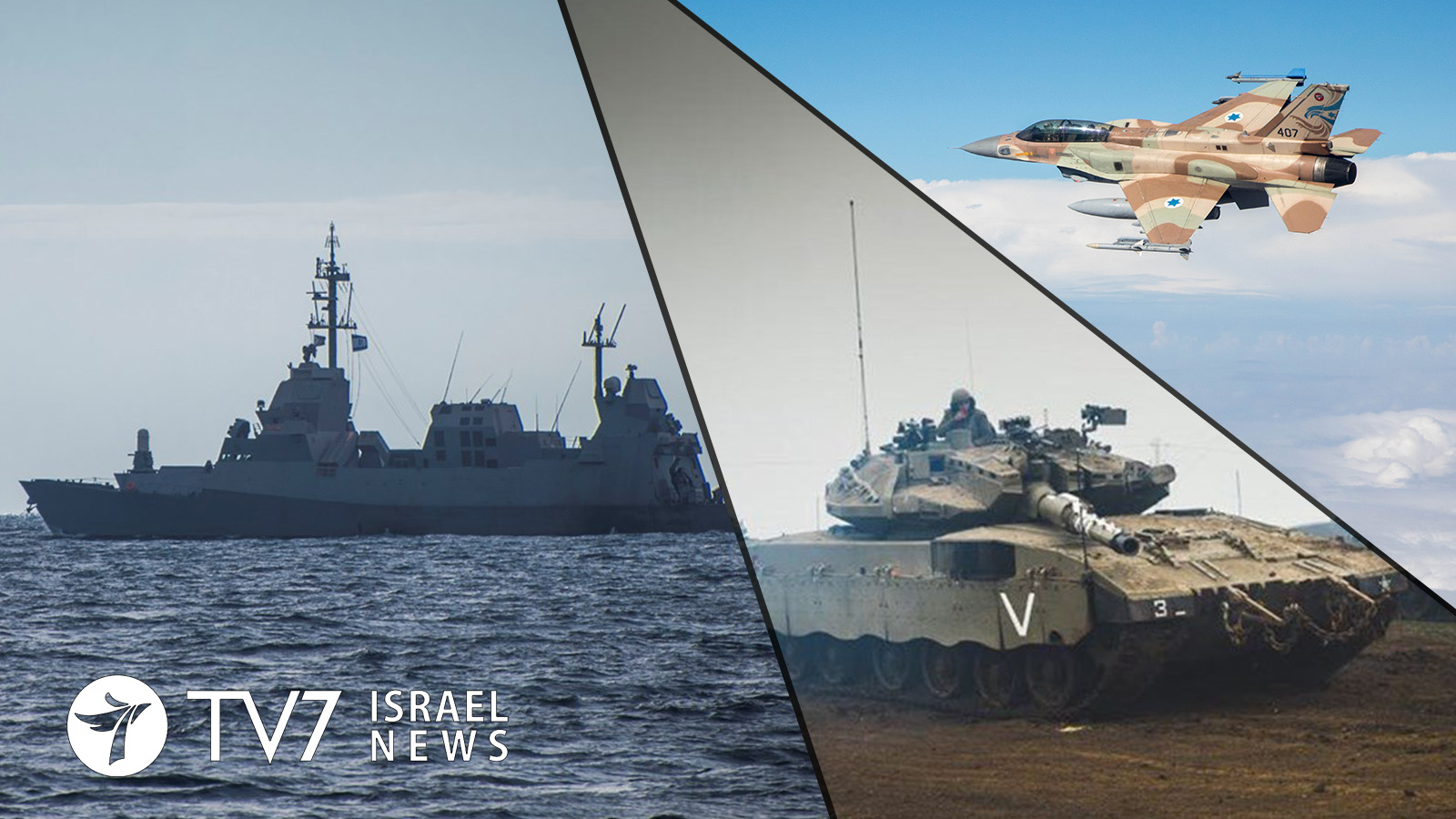Israel’s Alternate Premier and Defense Minister Benny Gantz said the Jerusalem is working to develop a “special security arrangement” with Gulf Arab allies, who share common concerns over Iran.
In a working tour of the Gaza Division on Tuesday, Lt. Gen (res) Gantz held a situational assessment with IDF Deputy Chief of Staff, Maj. Gen. Eyal Zamir, Chief of Southern Command, Maj. Gen. Herzl Halevi and other senior commanders.
While downplaying reports that Israel is considering a defense agreement with Gulf Arab countries, Gantz acknowledged that security ties would be established.
The United Arab Emirate and Bahrain established formal relations as part of the Abraham Accords with Israel last year. An element of the Washington-mediated agreement included bilateral defense and military cooperation between Jerusalem and Abu Dhabi.
Making a distinction between a “defense pact,” Gantz told Reuters that Israel develops “defense relations with every country with whom we have relations.” “We have this process of setting up (a) special security arrangement, and within this arrangement we can continue and develop our relations,” he stated, but declined to provide further details on what such an arrangement would entail.
In other statements, the top Israeli defense chief revealed that Israel is not opposed to the sale of 50 Lockheed Martin’s F-35 stealth jets to the UAE. That arms sale, approved in the waning days of the Trump administration, is now temporarily suspended for review by US President Joe Biden’s White House. Gantz reiterated the US commitment to the preservation of Israel’s “qualitative military edge” (QME) in the region, and pointed out that the Israeli Air Force already possesses the advanced warplane in its fleet.
After continuing to the Kerem Shalom crossing with Gaza joined by Agriculture Minister Alon Schuster and Head of the National Bureau for Counter Terror Financing (NBCTF), Paul Landes, Gantz discussed paths to long-term resolution with the Palestinian enclave.
“There is opportunity for Gaza. Were Hamas to choose to return our captives and MIAs rather than work on rockets, we could expand trade and economic ties and bring real change to the lives of Gaza’s residents, who are ultimately instruments in the hands of terror organizations. This border crossing could and should become a bridge to Gaza’s economic development,” he asserted.
Turning to his nation’s archfoe, Minister Gantz described recent provocations by Iran as “attempts to improve its positioning ahead of nuclear negotiations” with the US.
He then underscored that, “Over the past few days, we’ve seen Iran’s attempts at improving its bargaining position ahead of nuclear negotiations. Often, what Israel does isn’t out in the open, but I can guarantee that no one will be crossing any boundaries. We will continue to confront any threat, along with our new and veteran partners, chiefly the U.S., so that Iran will not be able to develop nuclear weapons.”
Gantz ended his southern tour by talks with Bedouin and Israeli-Arab soldiers in the IDF.
